Have you ever received a text message that made you feel unsure?
You’re not the only one.
With technology growing, some people want to trick others using text messages.
The US9514961195221 text message scam is a big example. This scam is like a kind of phishing trick but with text messages. It’s important to know about this scam and how to stay safe.
This article explains the US9514961195221 scam in easy words and gives you helpful tips to stay safe online.
What is the US9514961195221 text message scam?
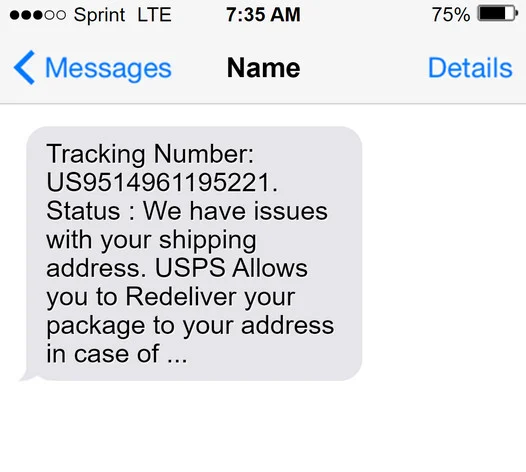
The US9514961195221 text message scam is a type of phishing attack that targets people through text messages.
The scam involves receiving a text message that claims to be from the United States Postal Service (USPS).
The message includes a tracking number and a link to click on to track the package.
Most of the time, it says that your package cannot be delivered due to an incorrect address and asks you to click on the link to reschedule delivery.
The link in the text message is not legitimate and is designed to steal your personal information.
Clicking on the link can install malware on your device, which can lead to identity theft, financial loss, and other cybersecurity threats. So, please avoid clicking the link in the text message for your own safety.
How to Protect Yourself from US9514961195221 Text Scam?
Be cautious of unsolicited messages: If you receive a text message from an unknown sender, be cautious. Do not click on any links or provide any personal information until you have verified the authenticity of the message.
Verify the sender: If the message appears to be from a legitimate source, verify the sender. You can do this by contacting the sender directly or by checking their official website or social media pages.
Do not click on suspicious links: If the message contains a link, do not click on it unless you are sure it is safe. Hover over the link to see the URL and check for any spelling errors or suspicious characters.
Use a spam filter: Use a spam filter to block unsolicited messages and prevent them from reaching your inbox. Most mobile devices have built-in spam filters, but you can also use third-party apps to enhance your protection.
Keep your software up to date: Keep your device’s software up to date to ensure that you have the latest security patches and updates. This will help protect you from known vulnerabilities and exploits.
Report suspicious messages: If you receive a suspicious message, report it to the relevant authorities. You can report spam text messages to the Federal Trade Commission (FTC) by forwarding the message to 7726 (SPAM).
Read Also: Is Chromegle Safe to Use?
Common Types of Text Scams
Text scams or smishing is a popular tactic used by scammers to steal personal and financial information from unsuspecting victims. Here are some common types of text scams that you should be aware of:
Phishing scams: In this type of scam, you receive a text message that appears to be from a legitimate company or organization, such as your bank or credit card company. The message usually contains a link that directs you to a fake website where you are asked to enter your personal and financial information.
Fake prize scams: You receive a text message that claims you have won a prize, such as a gift card or a vacation. The message usually contains a link that directs you to a website where you are asked to enter your personal and financial information to claim your prize. However, there is no prize, and the scammers are just trying to steal your information.
Tech support scams: You receive a text message that claims there is a problem with your device or account. The message usually contains a phone number that you are supposed to call for help. However, if you call the number, the scammers will try to convince you to give them remote access to your device or ask you to download software that contains malware.
Charity scams: You receive a text message that claims to be from a charity organization and asks for a donation. The message usually contains a link that directs you to a fake website where you are asked to enter your personal and financial information.
Read Also: How to Fix ChatGPT Internal Server Error?
Conclusion
Your package cannot be delivered text scam with the tracking code US9514961195221 could harm your financially. Beware of these types of scams.
Always be careful when receiving text messages from unknown senders, and verify the authenticity of any message before providing personal information or clicking on any links.
By following these tips, you can protect yourself from falling victim to text message scams.


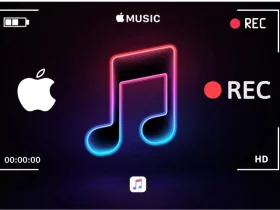

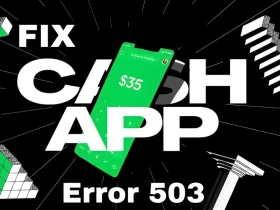
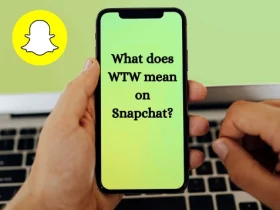
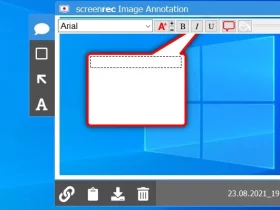






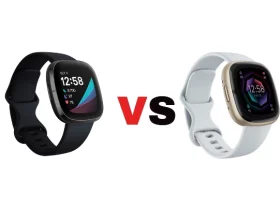






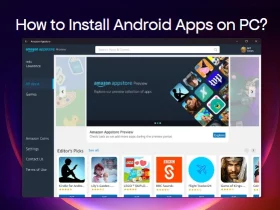
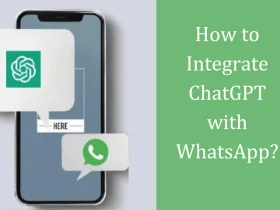
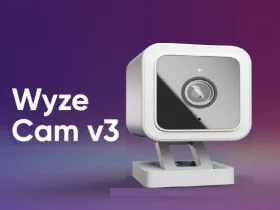



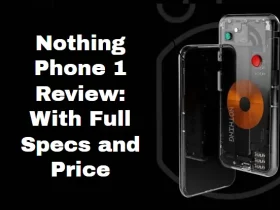
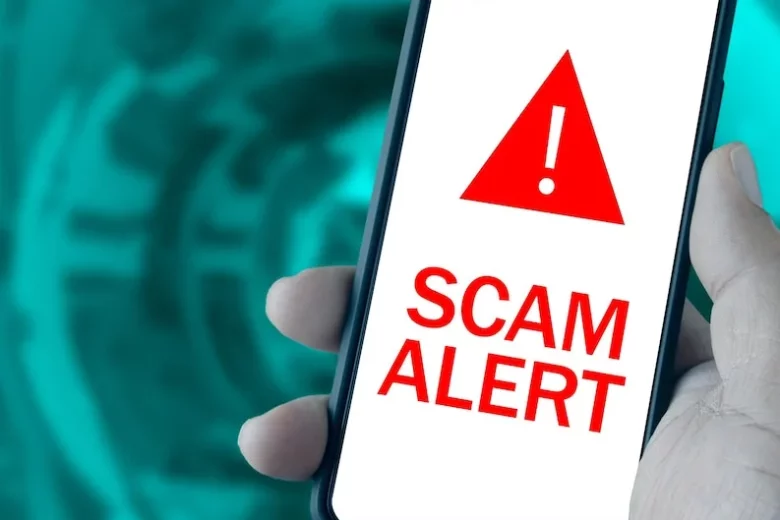

Leave a Reply